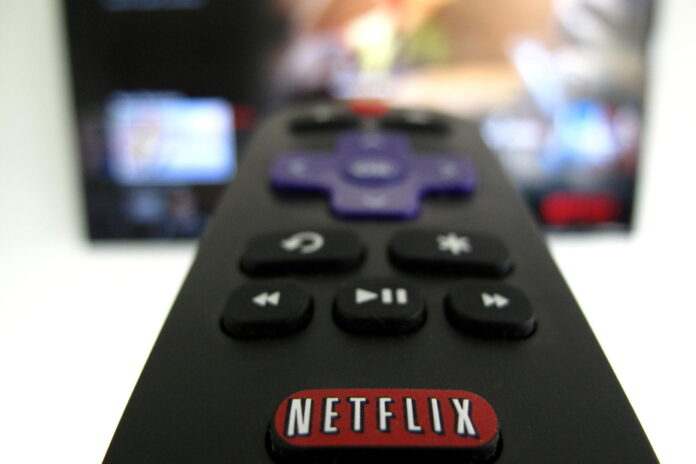In your article this morning “Why People Can’t Hear Hard on TV”, you miss an IMPORTANT point. Some of what we understand, we read on the lips of the character! However, often the original character speaks in his language and we often watch the translated program or film. What we read on the lips, therefore, are not the words originally spoken! We may well not understand. You will surely agree. Very good article, very relevant, by the way.
Finally, an article on the sound of TV shows! How happy you are to me this morning! For quite some time now, we have noticed the addition of music in the background which prevents us from properly hearing the comments made. Whether it’s Selling or renovating in Quebec, Les rénos d’Hugo or Curieux Bégin, we stop listening to these shows that we really liked. But the music is so loud and the musical choice so stressful that we gave up. Not to mention the camera shots that keep changing at lightning speed. Being in front of your television has become an experience of rides at La Ronde. You come out of it heartbroken, so dazed. Is there a pilot on board to hear us? In this life gone completely crazy, where do we turn to beg to be allowed to relax in front of our televisions to relax and stop being bullied? Thank you. I hope with all my heart that you can forward my comment to whom it may concern.
I enjoyed reporting on this subject because it is a regular point of contention in my home. The sound is too loud, I am often told! In fact, it’s the sound of the music and special effects that buries the dialogue. To understand the dialogues of the actors, I have to turn up the sound, but as soon as something happens, the music intervenes or the noise of cars, guns, etc. then the sound volume becomes very loud. We should have a possible adjustment of these components according to our preferences, a bit like in video games. For example, one could lower the volume of music or special effects, and commercials, to give the dialogue the edge!
Topic very timely and rarely covered. I almost never go to the cinema anymore because it is very difficult to understand what is being said. My question: what about glasses that would allow you to see subtitles in cinemas? With the aging of the population, studios would benefit from making films easier to understand.
Hello, interesting your article. I would like to add two observations. First: I’ve noticed on Prime that some movies or TV shows have multiple choices in their soundtrack: “Dialogue Boost High”, “Dialogue Boost Medium”, and “Dialogue Boost Low”, which have the effect of boosting or decrease music and other sound effects… Good thing. The second is to compare the soundtracks. Let’s say the original in English and the French translation: well, we can notice that in the French audio tape, the dialogues are weaker than in English… Good luck! Americans, compared to Europeans, have the unfortunate habit of putting on too much music.
I have noticed that the sound varies from one channel to another and from one series to another, but I am often disturbed by a phenomenon that regularly occurs in the programs Documentary on Télé-Québec and Grands reportages on RDI . This is oral translation, when a voice translates into French the words of speakers speaking another language. However, at the same time that we are made to hear the French-speaking voice, we continue to be made to hear the original voice in a foreign language at a level of sound that ensures that the two languages mix. If it is deemed necessary to translate, why let us hear the original voice? It is often very disturbing.
A simple solution is to use bone conduction headphones. Thanks to Beethoven and Thomas Edison, both deaf, who helped discover this technology. They can be found for around $200. They must be paired with a SmartTV via Bluetooth link.















